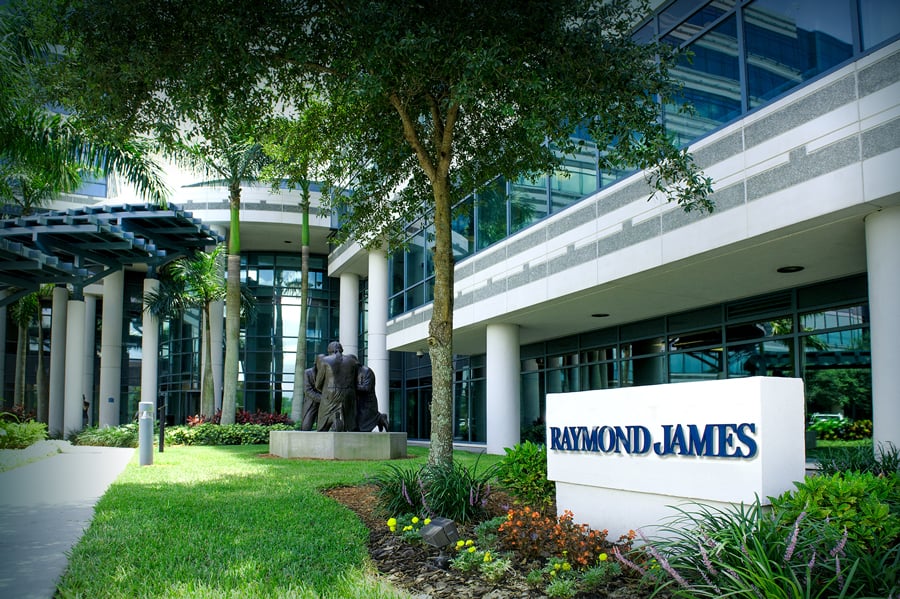Retirement investors won a $1.8 million Finra arbitration award against Raymond James in a case involving penny stock investments in energy companies.
A three-person, all-public Financial Industry Regulatory Authority Inc. arbitration panel
found in favor of 20 claimants who alleged they had been hoodwinked by a broker in the then-Morgan Keegan branch office in Jackson, Miss.
The penny stocks sales were for shares in CanWest Petroleum Co. and Ridgeway Petroleum Inc., two Canadian companies. The investments were put into individual retirement accounts. The companies were pitched by the Morgan Keegan broker as the next energy industry breakthroughs.
In reality, the broker was pushing firms that had no hope of turning a profit in transactions that were prohibited by the firm, according to the claimants' attorney.
"These were sure losers," said Judson Lee, owner of an eponymous law firm in Madison, Miss. "Any financial adviser who peeled back the layers to look at this would know they were unsuitable for clients. This was a wholesale failure to supervise a broker."
The sales began in 2006. Morgan Keegan was acquired by Raymond James in 2012. The claimants didn't know the sales of the penny stocks were prohibited until years later, according to Mr. Lee. They filed their arbitration claim in June 2017.
The Finra arbitrators awarded $1.1 million in compensatory damages; $200,000 in punitive damages; $422,000 in attorneys' fees; $14,000 in costs; and $31,003 in expert witness fees. They denied a counterclaim by the respondents for the theft of trade secrets.
A spokeswoman for Raymond James declined to comment. Lawyers for the firm and for Logan Burch Phillips, a branch manager, did not respond to a request for comment.
It's unusual for a Finra arbitration panel to find that fraud occurred and to award punitive damages, according to Robert Greenlee, a Flowood, Miss., lawyer who also represented the investors. Under Mississippi law, fraud has to be shown through "clear and convincing" evidence.
"We're really pleased we proved [fraud], and it was by more than a preponderance of the evidence," Mr. Greenlee said.







